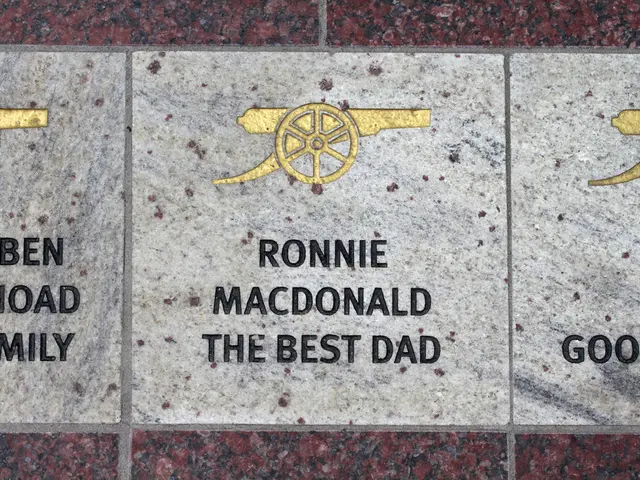Axiom Space & WFIRM Secure $15M NSF Grant for Microgravity Tissue Regeneration
Axiom Space has teamed up with the Wake Forest Institute for Regenerative Medicine (WFIRM) to secure a substantial U.S. National Science Foundation (NSF) Engines grant. This collaboration, known as In-Space Manufacturing ITEC, aims to revolutionize tissue and organ regeneration in microgravity, with Axiom's upcoming commercial space station, Axiom Station, serving as the research hub.
WFIRM, an international leader in regenerative medicine, brings extensive expertise to the table, having successfully engineered replacement tissues and organs in all four categories - flat structures, tubular tissues, hollow organs, and solid organs.
Under the leadership of Dr. John A. Adams, the partnership has received a $15 million NSF Engines award for the first two years, with the potential for up to $160 million over a decade. Jana Stoudemire, Director of In-Space Manufacturing at Axiom Space, sees this as an opportunity for groundbreaking discoveries that could benefit humanity.
Dr. Anthony Atala, Director of WFIRM, is enthusiastic about the partnership's potential to stimulate job growth and economic development in the Winston-Salem region.
With Axiom Space's expertise in commercial human spaceflight and advanced spacesuits, and WFIRM's unparalleled experience in regenerative medicine, this partnership holds immense promise. The NSF Engines grant will fuel research that could transform the way we approach tissue and organ regeneration, potentially leading to innovative solutions for patients worldwide.
Read also:
- Deadly addiction: strategies for smoking cessation to live longer
- Magnesium-Rich Beverages: Origins, Advantages, and Potential Hazards
- Chinese Rare-Earth Mining Endangers the Mekong River's Integrity
- Deteriorating munitions are submerged in the Baltic Sea, and Germany aims to retrieve them before it's too late.







